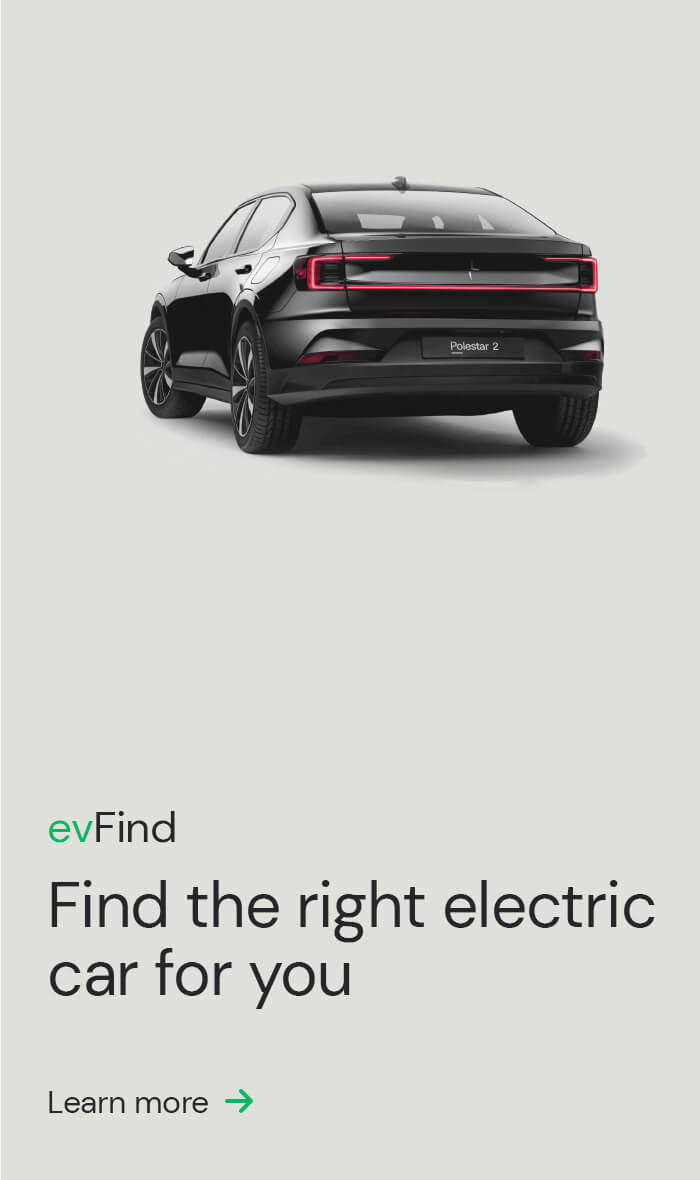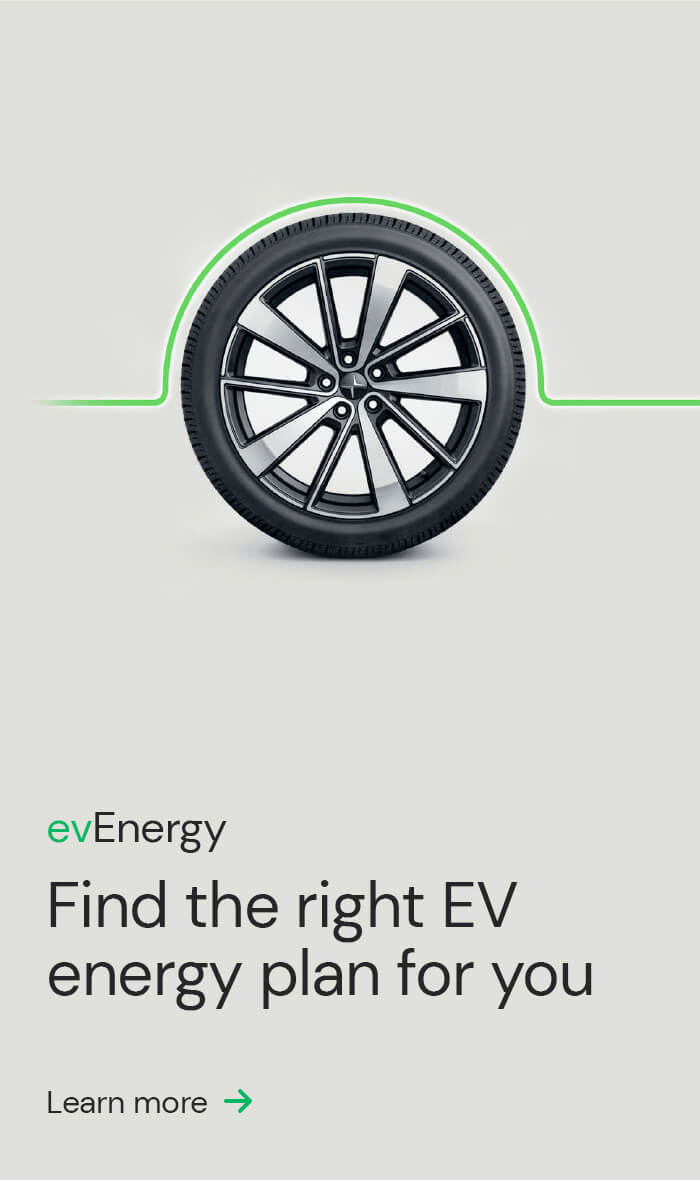From the type of charger you are using to the size of your car battery itself, how long it takes to charge an EV is dependent on certain variables. If you’re considering making the switch to zero-carbon driving, our simple guide explains everything you need to know about EV charging times.
EV battery size
All electric vehicles come with different sized batteries. For instance, Tesla’s Model S has a powerful 100kWh battery, while the Mini Cooper Electric’s comes in at a modest 28.9kWh.
As a general rule, the larger the battery, the longer the charging time, although this isn’t always the case. Some EVs can take a higher input of power meaning they can charge quicker, despite their larger battery size.
EV batteries hate cold weather. A colder outside temperature can reduce its performance and ability to charge as quickly. Try not to let your EV battery dip below 20%.
Charger type
Every EV comes with its own standard three-pin plug charger that fits into a domestic plug socket. With a power rating of around 3.7kW,this is the slowest type of charger.
From empty-to-full, it would take an EV with an average battery of 60kWh 16 hours to fully charge at a 3.7kW charging point.
The most rapid home charging solutions are smart chargers. These can have a power rating between 7kW and 22kW – although the latter would require three-phase power installation at home.
From empty-to-full, it would take an EV with an average battery of 60kWh less than 8 hours to fully charge at a rapid smart 7kW charging point.
There are two charging options available at most ActewAGL Evie east-coast networks – fast and ultra-fast – with ultra-fast 350kW chargers charging up to a range of 350 km in 15 min, depending on the type of EV you have.
Top-up charging
If a fully drained EV battery is being charged, it will take longer to charge than if it is being topped up from 50% full. This is why many EV drivers choose to top-up charge.
Unlike regular car drivers that refuel when the empty gauge flashes low, EV drivers take advantage of charging opportunities on the move rather than letting the battery get close to empty.
From supermarket car park stations to our ActewAGL Evie east-coast network, there are many public charging points in the ACT. By combining top-up charging on-the-go with a home charging solution, EV drivers can always be fully energised and road-ready.
Summary
- How long it takes to charge an EV can depend on the charger type, battery size and the vehicles maximum charge rate.
- It takes an EV with an average battery of 60kWh less than 8 hours to fully charge at a rapid smart 7kW charging point.
- Combining your home charging solution with top-up charging when publicly parked is a great way to keep your EV battery fully powered.
Are you considering making the switch to an electric vehicle? ActewAGL can help you effortlessly find, finance and charge your EV. Discover how ActewAGL can support your transition to sustainable driving today.
Sources
https://www.tesla.com/en_gb/models
https://www.mini.co.uk/en_GB/home/range/more-mini-electric/mini-electric-tech-specs.html



